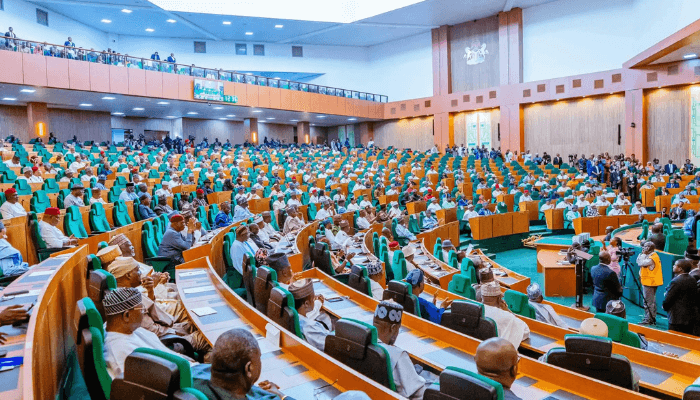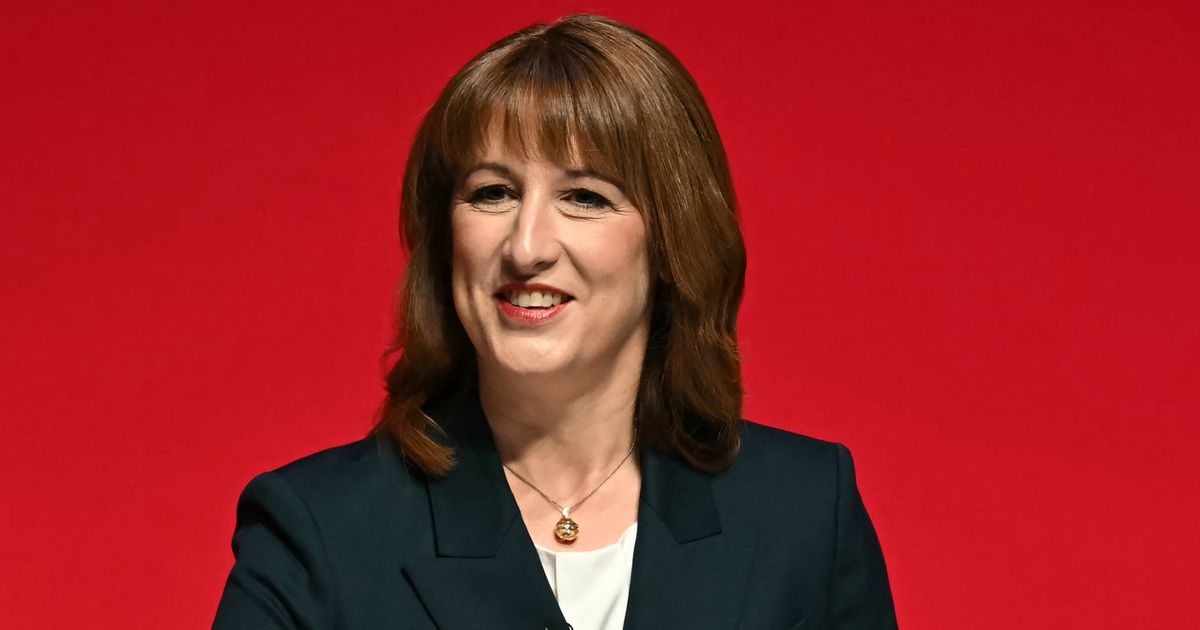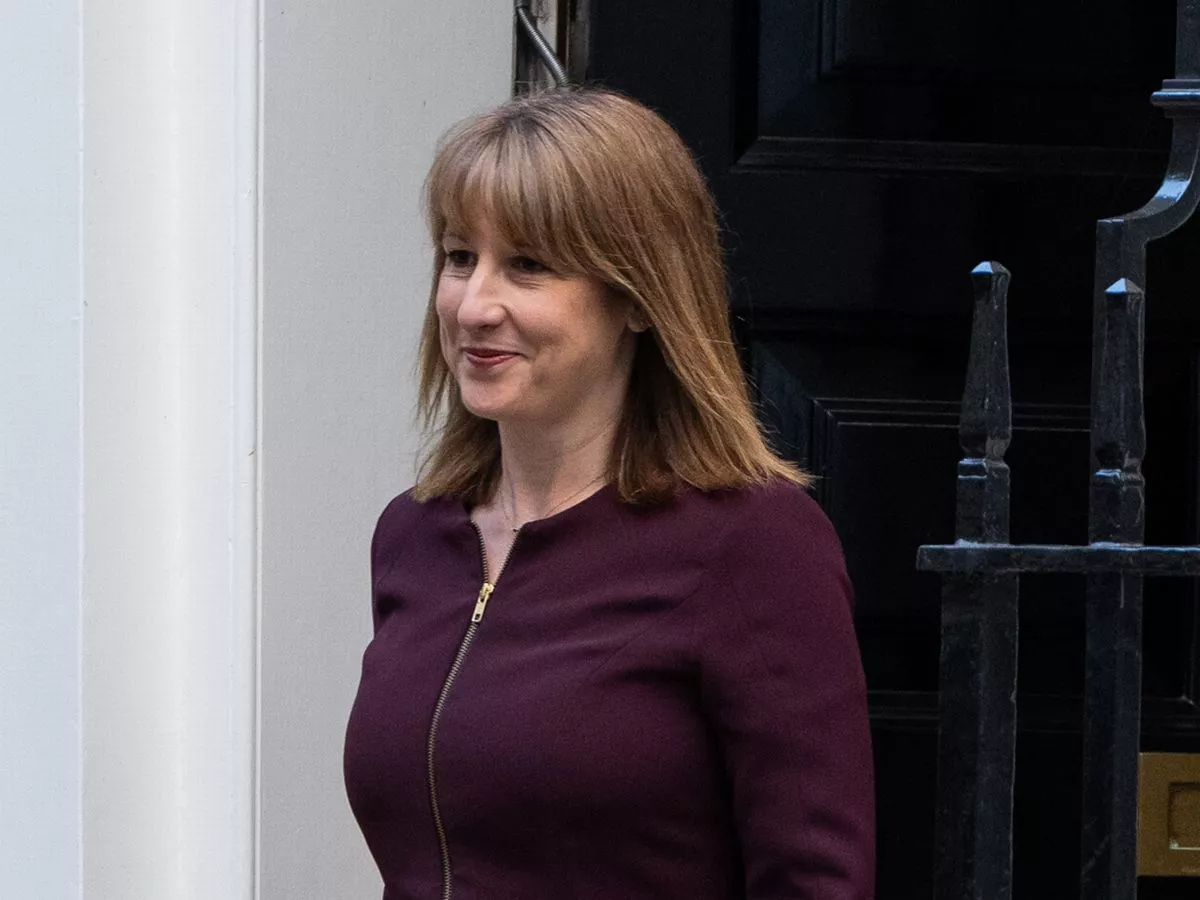By Godsgift Onyedinefu
Copyright businessday

The congress hall of Transcorp Hilton Abuja was packed to the rafters last Monday as hundreds of Nigerians trooped to partake in the National Public hearing on Constitution alteration bills organised by the House of Representatives. But of the 87 bills under consideration, the proposal to reserve seats for women in parliament took centre stage.
For much of the day, it felt as though it was the only bill that mattered. The hall buzzed with women’s groups, civil society organisations and members of non-governmental organisations wearing matching and colourful attires. Many were carrying placards that screamed their common demand: a seat at the table!
From the moment the session opened, the bill dominated the air, drawing applause, endorsements and passionate arguments from various groups on why Nigeria must endorse the bill.
Read also: Lawmakers, UN, push reserved seats bill to boost women’s political representation
Political heavyweights like Abbas Tajudeen, the House Speaker, Senate President Godswill Akpabio also voiced their support. Coming from the heads of both chambers, that was no small endorsement.
The international community, including the European Union, the United Kingdom, and the United Nations, also threw their weight behind the proposal. The momentum was loud and clear.
About the Bill:
The bill was sponsored by Benjamin Kalu, the House Deputy Speaker and chairman of the Constitution Alteration Committee, and 12 other lawmakers. It seeks to alter sections of the 1999 Constitution to create one additional seat in each of the 36 state Houses of Assembly and two additional seats in each state of the Federation and the Federal Capital Territory (FCT) for women only.
In practice, this would mean 108 extra seats in the House of Representatives and 36 new seats in state assemblies, all exclusively contested by women. In the Senate, one reserved seat per state is proposed, bringing 36 new female senators to the chamber.
If passed, the measure would transform Nigeria’s political landscape overnight. Currently, women hold just 17 out of 360 seats in the House of Representatives and only 3 of 109 Senate seats, among the lowest figures in Africa.
Richard Montgomery, the British High Commissioner to Nigeria, represented by his deputy, Gill Lever, said the bill addresses a real concern over equity. Mohammed Fall, Assistant Secretary-General, declared that Nigeria, by passing this bill, would be taking “a leading role on the continent” and the UN would firmly stand behind it.
Read also: Reserved seats bill for women seen curbing gender-based abuses
Will the Bill make it?
For all the excitement, the Reserved Seats Bill still has a mountain to climb. Now that the Public hearing is concluded, the real battle begins on the floor of both chambers, where lawmakers will take a formal vote.
To alter Nigeria’s constitution, a bill needs the support of two-thirds of both chambers of the National Assembly – the House of Representatives and the Senate. That is already a high bar. But it does not end there, two-thirds of all 36 state assemblies must also approve before the amendment becomes law.
This means that even with Abuja buzzing with support, the bill must survive a nationwide political test where local interests, party politics, and old attitudes about gender roles will come into play.
And history does not offer much comfort. In 2022, during the last constitutional amendment exercise, a similar proposal championed by Nkeiruka Onyejeocha, then Deputy Chief Whip of the House, also sought to create additional seats exclusively for women. But when put to a vote, it fell short of the two-thirds majority required.
Despite heavy lobbying by women’s groups and endorsements from some leaders, the bill failed. Many lawmakers simply would not support it, reflecting a resistance that has long haunted efforts to broaden political inclusion.
That failure sparked outrage. Women stormed the National Assembly gates in protest, holding placards and chanting, accusing male lawmakers of betraying their mothers, wives and daughters. Yet, when the dust settled, nothing changed.
The fear now is whether the current proposal will suffer the same fate.
Read also: Women hold only 4% of elective posts – NCWS
Critics of the bill argue that democracy is about competition, not quotas. Some grumble about the cost of creating additional seats when government finances are already stretched. Others insist that political parties, not the constitution, should take responsibility for nominating more women candidates. They point out that the problem starts at the party level, where women are often pushed into “women leader” roles rather than allowed to run for parliamentary seats.
But supporters counter that the current system is rigged against women, and Nigeria sits near the bottom of global rankings in terms of women representation. If the bill fails, it will mark yet another chapter in Nigeria’s long struggle to make politics less of an exclusive boys’ club.
But one thing this bill has in its favour compared to the previous bill is the momentum and quality of support, coming from global allies and political heavyweights, and that was echoed at the National Public hearing.
The cheers, endorsements and pledges paints a picture of hope. But as history shows, hope alone is never enough to pass a Nigerian constitutional amendment. Observers say the momentum must be built and sustained not only in Abuja, but across all states of the Federation.



